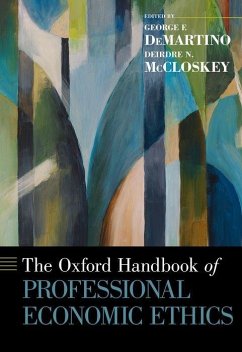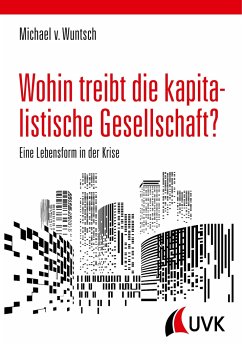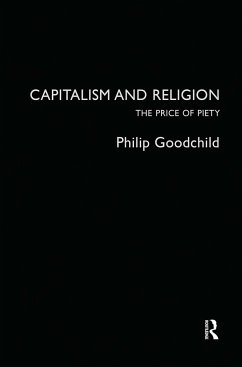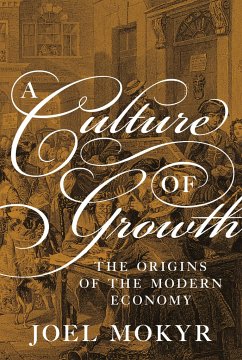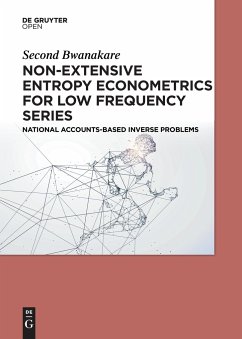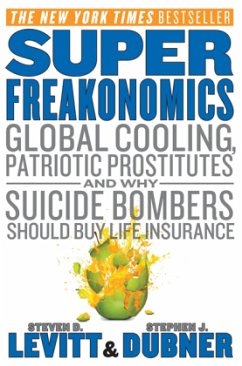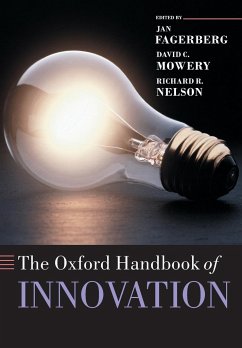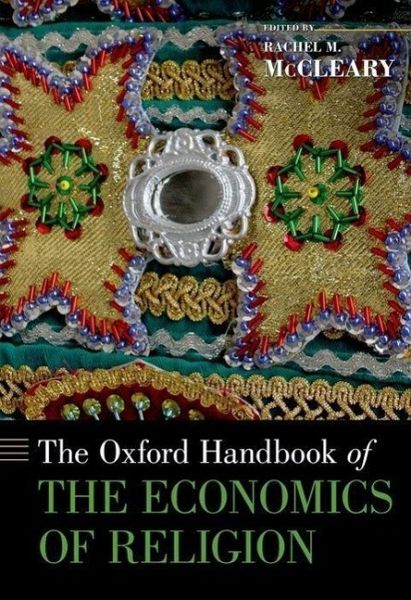
Oxford Handbook of the Economics of Religion

PAYBACK Punkte
91 °P sammeln!
This is a one-of-kind volume bringing together leading scholars in the economics of religion for the first time. The treatment of topics is interdisciplinary, comparative, as well as global in nature. Scholars apply the economics of religion approach to contemporary issues such as immigrants in the United States and ask historical questions such as why did Judaism as a religion promote investment in education?The economics of religion applies economic concepts (for example, supply and demand) and models of the market to the study of religion. Advocates of the economics of religion approach loo...
This is a one-of-kind volume bringing together leading scholars in the economics of religion for the first time. The treatment of topics is interdisciplinary, comparative, as well as global in nature. Scholars apply the economics of religion approach to contemporary issues such as immigrants in the United States and ask historical questions such as why did Judaism as a religion promote investment in education?The economics of religion applies economic concepts (for example, supply and demand) and models of the market to the study of religion. Advocates of the economics of religion approach look at ways in which the religion market influences individual choices as well as institutional development. For example, economists would argue that when a large denomination declines, the religion is not supplying the right kind of religious good that appeals to the faithful. Like firms, religions compete andsupply goods. The economics of religion approach using rational choice theory, assumes that all human beings, regardless of their cultural context, their socio-economic situation, act rationally to further his/her ends.The wide-ranging topics show the depth and breadth of the approach to the study of religion.




